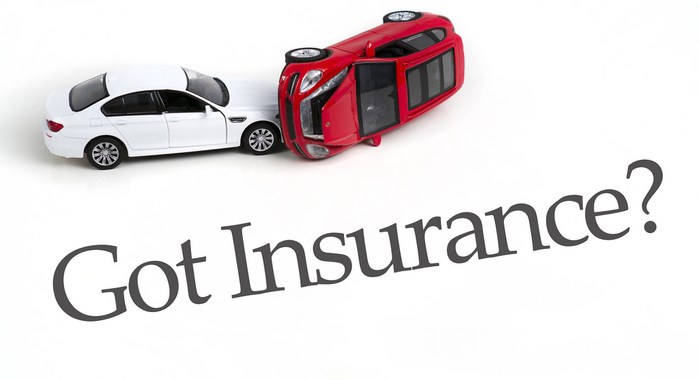Besides liability coverage, there are other purposes for auto insurance. These include Comprehensive coverage and Property damage coverage.
Property damage coverage
Having property damage coverage on your auto insurance Newark DE policy is integral to driving protection. This coverage is designed to pay for the repairs and replacement of damaged property. It can also pay for the legal expenses arising from a claim.
Some states require minimum levels of property damage liability. In other states, you may need higher limits. Find out what insurance is required in your state by speaking with your insurance company.
Your requirement for coverage may vary depending on how frequently you drive, the types of vehicles you possess, and the cost of your insurance. For example, you should purchase comprehensive coverage to protect your vehicle and medical payments coverage from covering the costs of medical treatment if you are injured in a car accident.
Liability coverage
Almost all states require liability coverage in your auto insurance policy. Liability coverage pays for damage to other people’s property and the other driver’s medical expenses.
The minimum required liability limits vary from state to state. Therefore, you should always check with your state’s car insurance guide to determine the minimum liability limits for your condition.
You may also want to carry uninsured motorist coverage, which pays for damage caused by an uninsured motorist. You can also get roadside assistance coverage to pay for expenses if your vehicle breaks down. You can get these optional coverages for a fee.
Damage to another driver’s car or property is covered by a different insurance policy called property damage liability. It’s usually sold along with collision coverage. Collision coverage pays for repair costs and monetary compensation for damage caused by an accident. It won’t pay for damage caused by potholes.
Comprehensive coverage
Comprehensive coverage is essential regardless of whether you own your car or drive a lease. It can protect you from losses incurred due to theft or natural disasters. It also may provide financial assistance if you need to repair your car.
Comprehensive coverage can be necessary if you reside in an area where auto theft is common.
Comprehensive coverage is also good if you drive an expensive car. However, it may not make sense for you if you drive a less expensive car or an older model car. Knowing the value of your vehicle can help you obtain the most comprehensive coverage possible.
Commercial auto insurance
Having commercial auto insurance can be a great way to protect your business. Both the cars you use for company purposes and the ones your workers use might be covered. You can acquire the most excellent protection for your needs with a reputable insurance agent.
One thing to remember is that personal and business vehicle insurance are two different things. The coverages included in a business insurance policy are more varied, and the ranges available in an individual policy may be optional. In addition, commercial auto insurance is more expensive. It is due to the increased likelihood of commercial vehicle accidents.
The amount of commercial auto insurance you will need will vary depending on your business and state laws. Your insurance agent will be able to help you determine what type of coverage you need to protect your business.
Duty of good faith and fair dealing
You owe a duty of good faith and fair trade whenever you buy auto insurance. This duty of good faith applies to your insurance company and the insurance provider for the party you are suing for damages. It also applies to the insurer or separate management organization, which handles the insurer’s administrative functions and claims adjusting.
Insurers can breach their implied duty of good faith by committing deceptive practices. For example, they may misinterpret policy language, fail to conduct thorough investigations, or use abusive tactics to delay or deny claims. If your insurer breaches this duty of good faith, you can bring a lawsuit against the insurance company.
A court must decide whether the insurance company’s conduct violates the implied covenant of good faith. If so, the court must determine whether the insurer’s conduct was intentional or negligent. The court will also consider whether the insurer’s conduct was reasonable.








